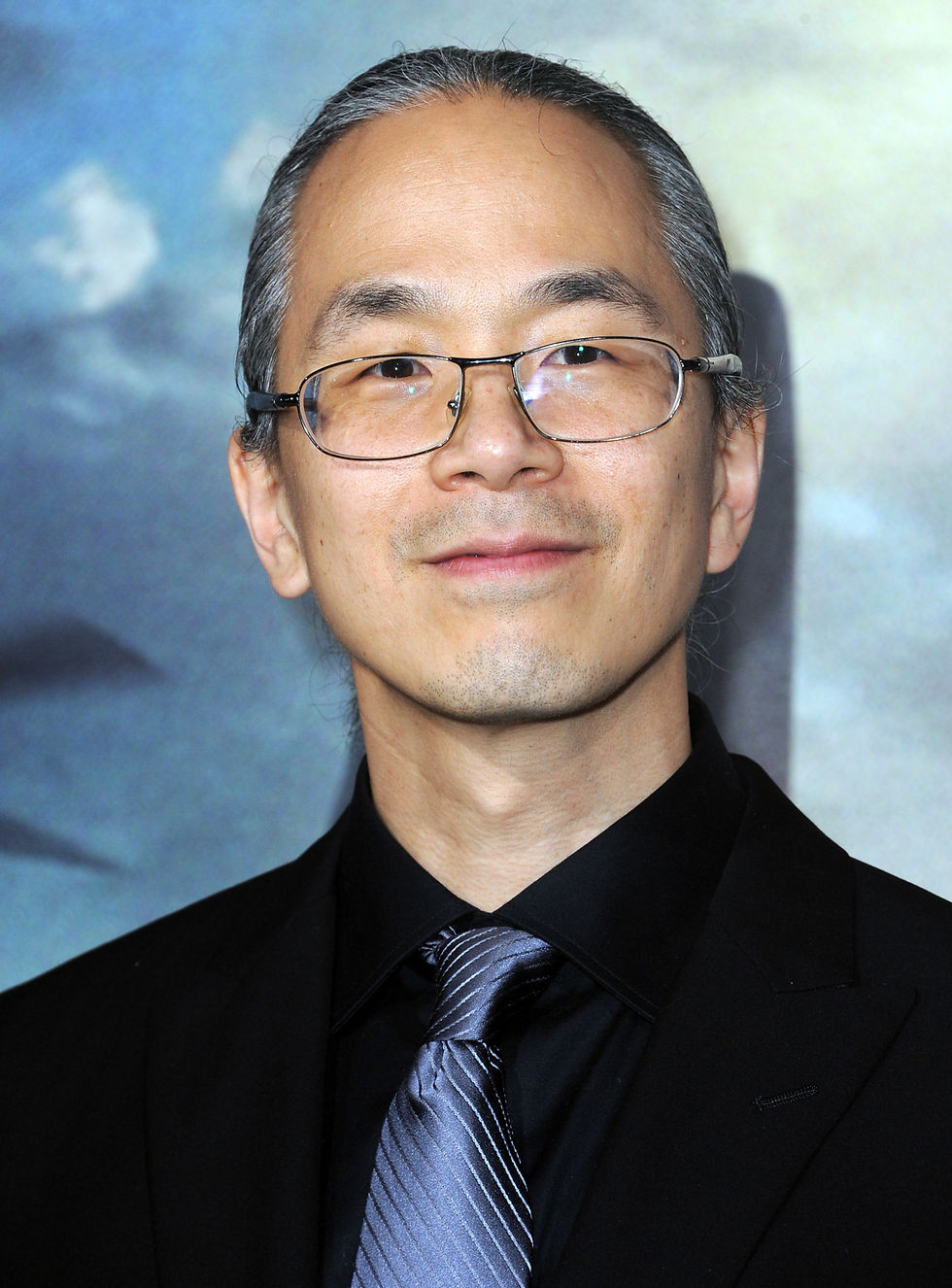"Stories of Your Life and Others" by Ted Chiang (Book Review)
- theSuhChef

- Jul 31, 2020
- 4 min read
Updated: Aug 24, 2020

Chiang, Ted. 2002. Stories of Your Life and Others. New York, NY: Vintage Books.
Often times, people ponder about the meaning of life and the evolution of humanity. Thus, philosophy was born with great thinkers like Aristoteles, Confucius, Plato, and Seneca, to name a few. But, philosophy did not end with those great thinkers from centuries ago. As the world continues to develop and create technological advances, be it mental, physical or cyber, we as humans continue to imagine what the future would be like and what values we must continue to hold true while endeavouring into the unknown. This is commonly displayed in science-fiction (sci-fi for short) and Ted Chiang's Stories of Your Life and Others is a fantastic "sci-fi" story book that discusses the future.
Ted Chiang is an American award-winning "sci-fi" writer. Despite graduating from Brown University with a degree in computer science, Chiang has had a long history with writing, where he continued to write stories and submit them for publication since high school. His breakthrough came when he attended the Clarion Writers Workshop in 1989. In 1990, Chiang's career in writing slowly started to take shape, as Omni magazine agreed to publish his first story "The Tower of Babylon." It seems as though Clarion Writers Workshop was a life-changing moment for Chiang, as in a story note at the end of the book, Chiang discusses how his instructor at Clarion Spider Robinson helped him publish one of his stories titled "Understand," a story that had been rejected numerous times but was eventually accepted after Clarion was included in his resume. Despite the struggles, Chiang's creativity is out of this world and it shows in this book.
The best way to describe Stories of Your Life and Others is that it is out of this world, yet also reminiscent of the past. In most of Chiang's stories, there are elements of imagination, history, religion, politics, and science. While a story seems to be discussing the creation of a futuristic idea or being, it could also be translated to historical creations of the past, be it religious creations or physical. There is an element of circular thinking, where Chiang makes the reader feel like they are reading a circular history, which is very prevalent in the story "The Tower of Babylon." This idea is difficult to portray in words, but the best method may be to say that it's like walking in a historical circle where history repeats itself.
In a way, Chiang's stories are really targeted at everyone, as they appear to be accessible to anyone who reads them, which makes the title of the book Stories of Your Life and Others so memorable. The title grasps the diverse audience and strikes every reader in a different way. The amazing element of this book is that once a story ends, it makes the reader sit for a moment and think about what they just read. One can feel the philosophical, "sci-fi," imagination cogs in the brain churning away, as one tries to digest what was just read. That makes this book stand out compared to other "sci-fi"-genre novels.
Out of the collection, "Story of Your Life" appears to be the most well-known, due to its adaptation as the film Arrival; however, my personal favourite is "Liking What You See: A Documentary." Centralized around the heated debate about what beauty is, the story discusses if an imaginary "pair of glasses" or "programme" that blocks out physical beauty is the solution to the beauty problem. In layman terms, the "programme" would omit the feeling of "pretty" or "beautiful" when someone sees a billboard advertisement of a model posing with a Louis Vuitton bag. Written in an interview style, the story takes the reader through a discussion, or rather a documentary, whether or not such a "programme" or "device" would be useful to have to make society better and it really makes one ponder about their own personal standards of beauty and where it comes from. After three days of reading the story, I am personally still wondering about this in my spare time.
The biggest critique about this book is that some of the stories are really mind-boggling to a point where they do not make sense. I especially struggled with the stories "Understand" and "Division by Zero," where about two or three pages in, I lost interest and felt like I was reading letters instead of a story. It may be my ignorance and I look forward to giving them another read at a later time, but the difficulty I encountered with the two stories really made the book feel long.
Thrilling, exciting, and invigorating are three words that best describe the experience with this book. Chiang takes things beyond the imaginable and discusses very important topics that may shape the future of humanity. I am eager to see what's next for Chiang and what else he publishes and do recommend everyone else to give this collection of stories a try.
Book Length: 281 pages
My Rating: 4.5 / 5

Find Out More About Ted Chiang:
Wikipedia (couldn't find anything more credible...): https://en.wikipedia.org/wiki/Ted_Chiang






Comments